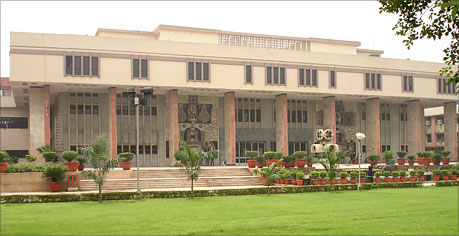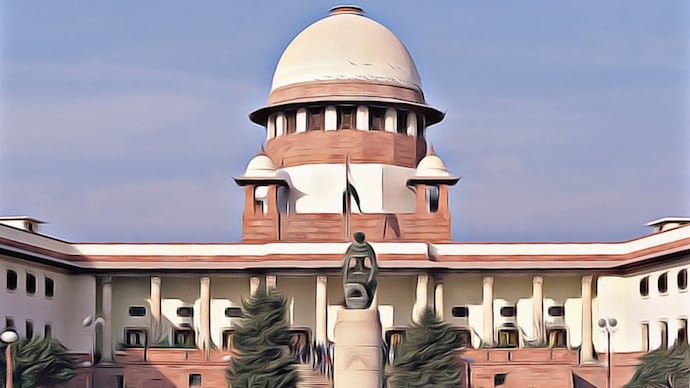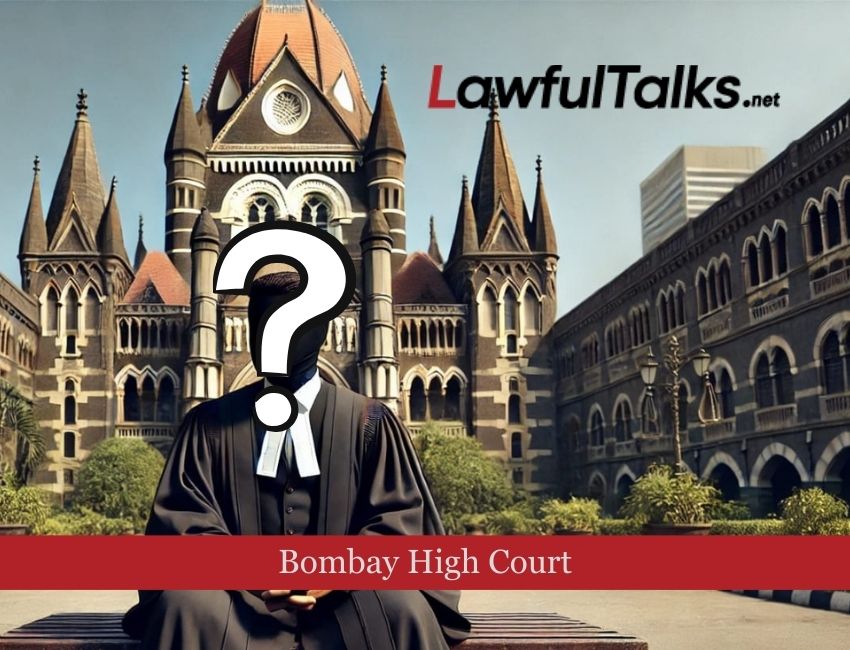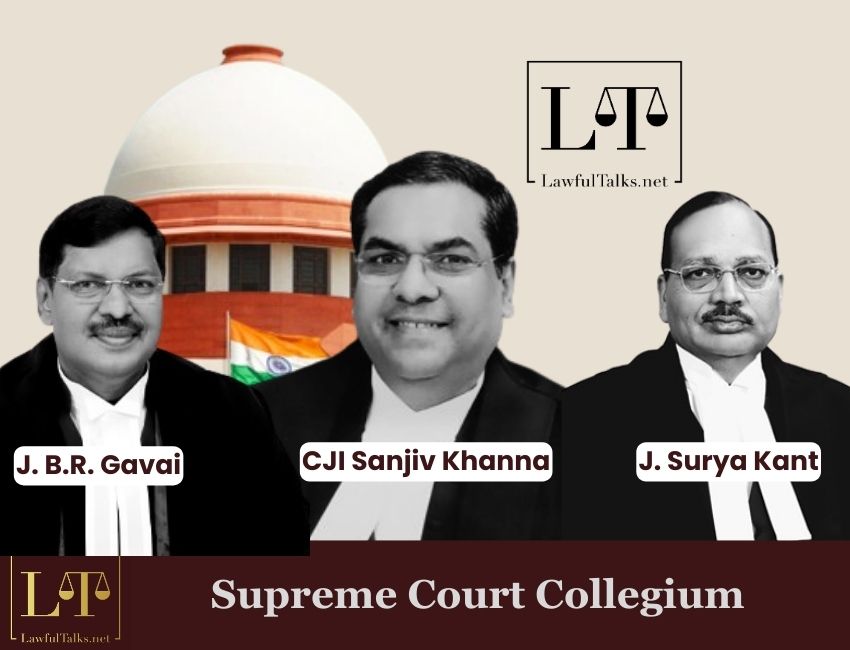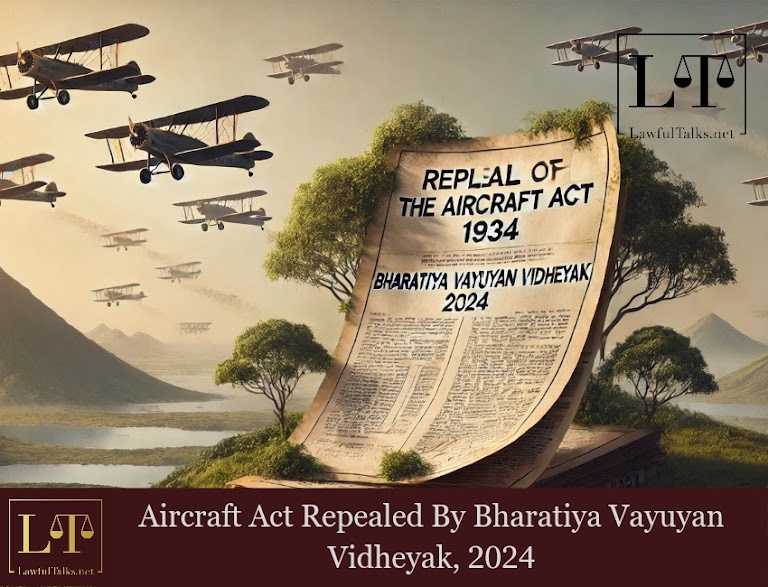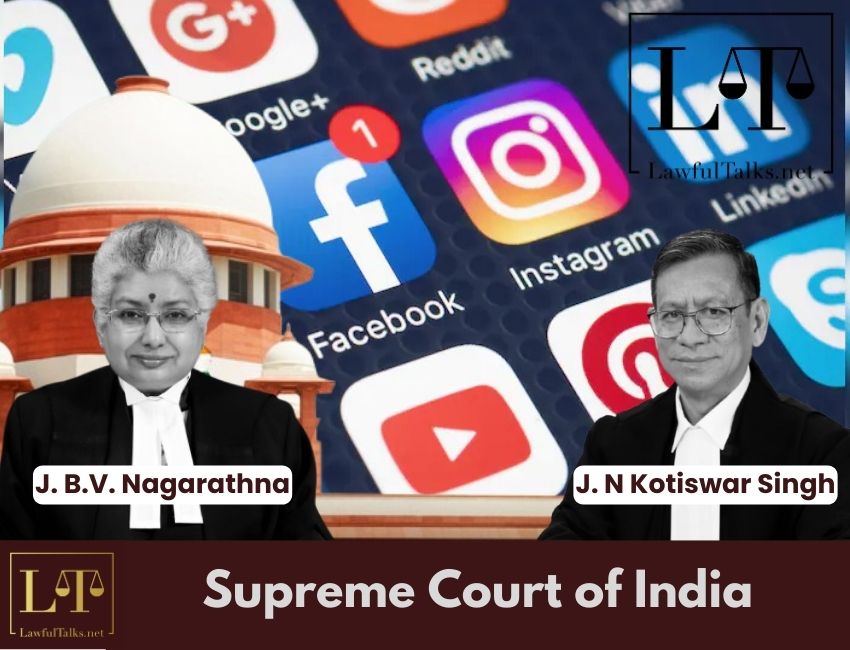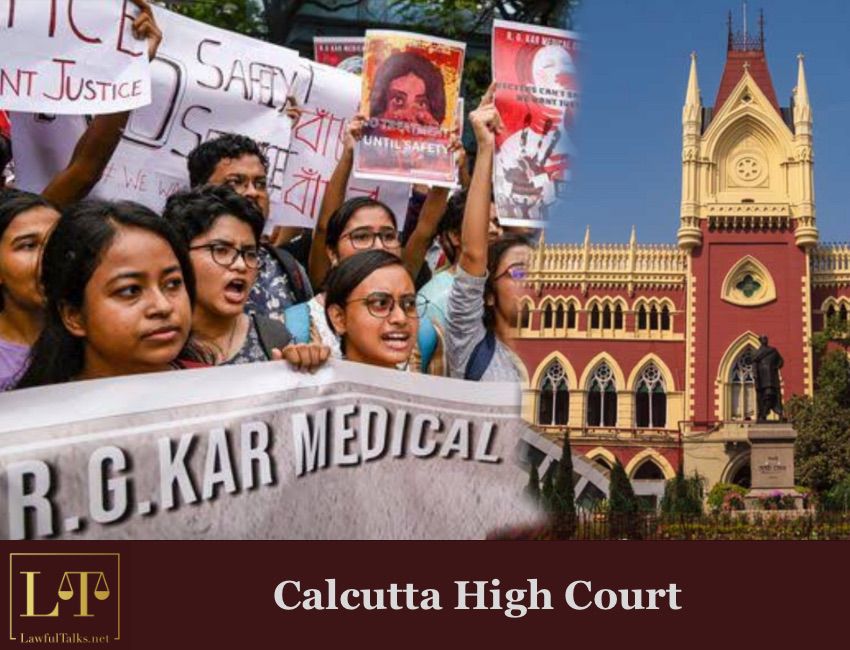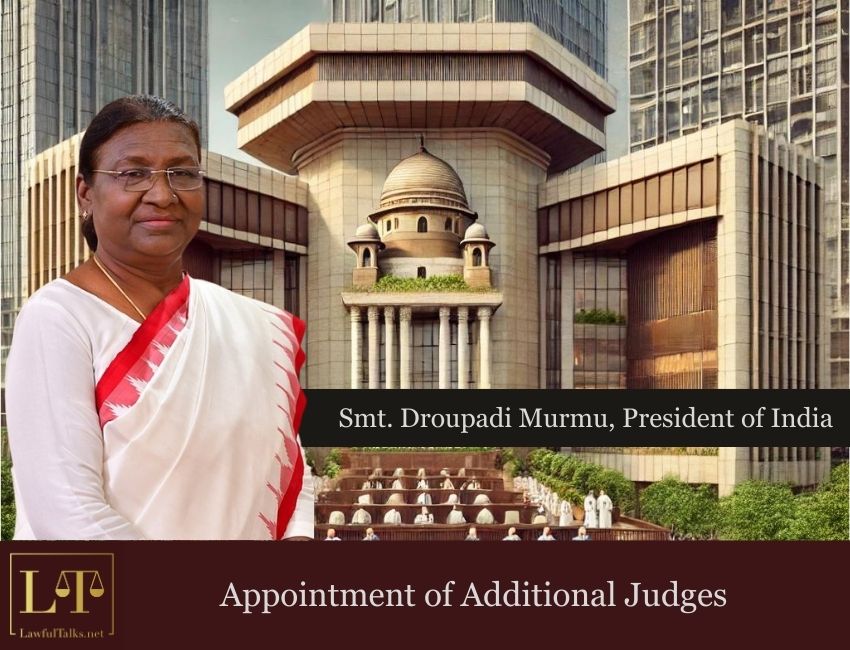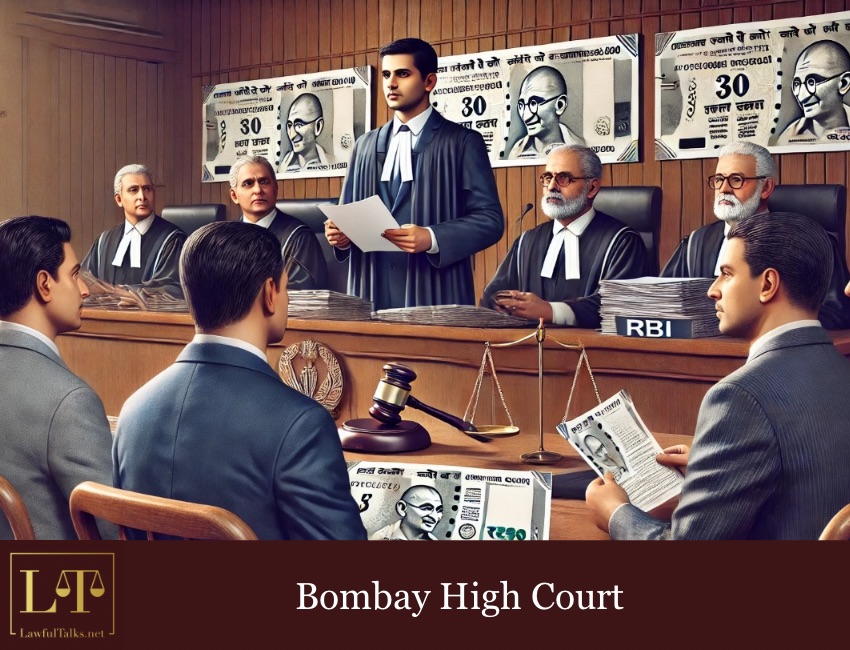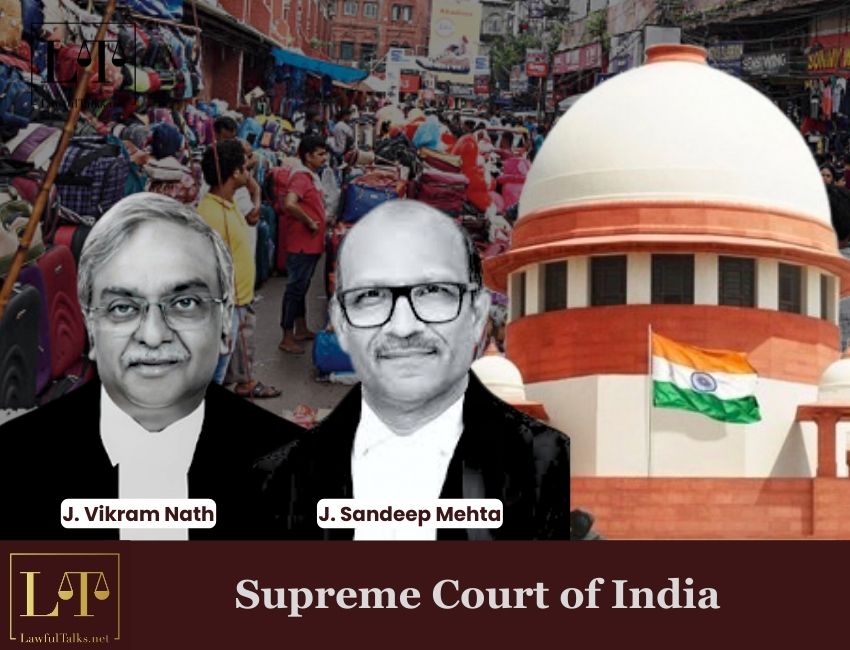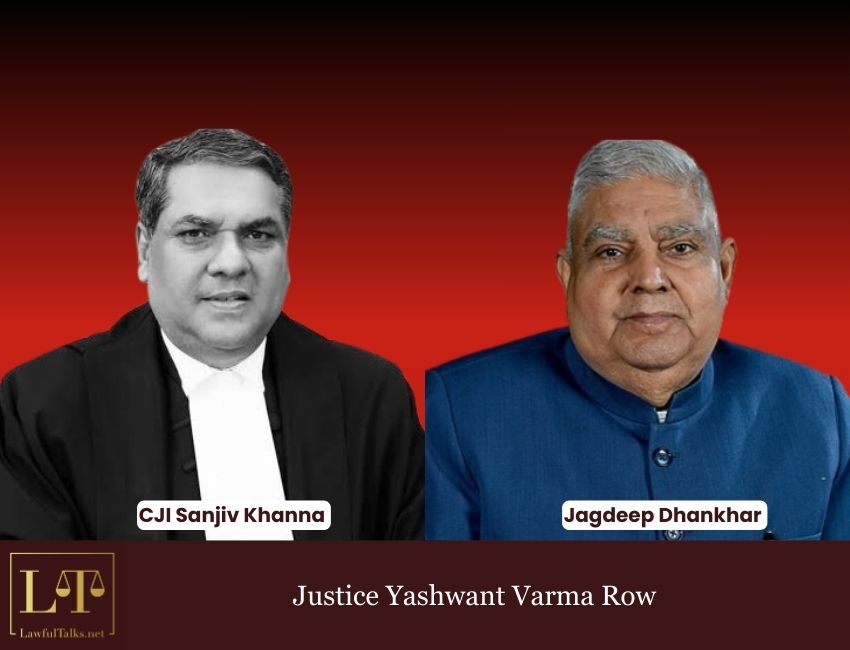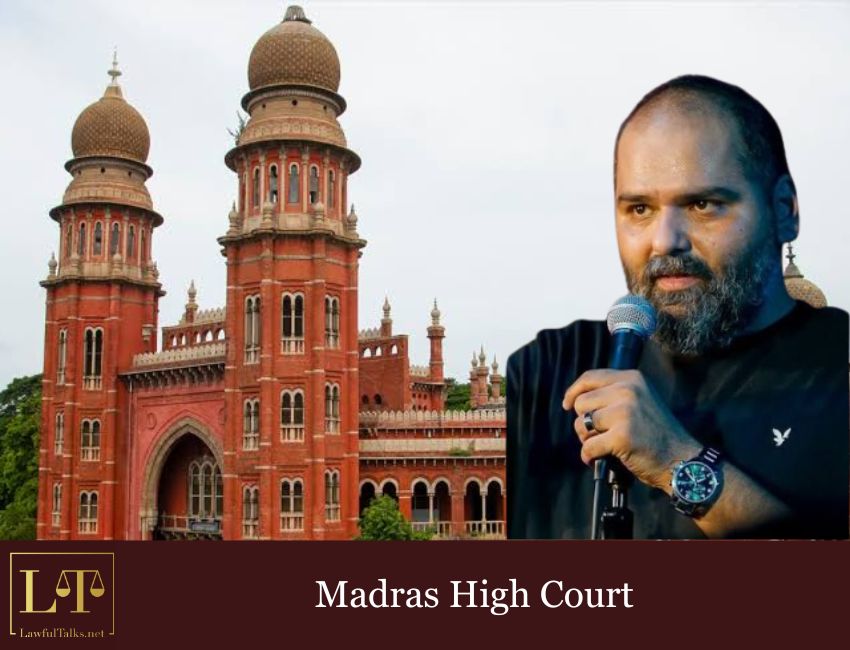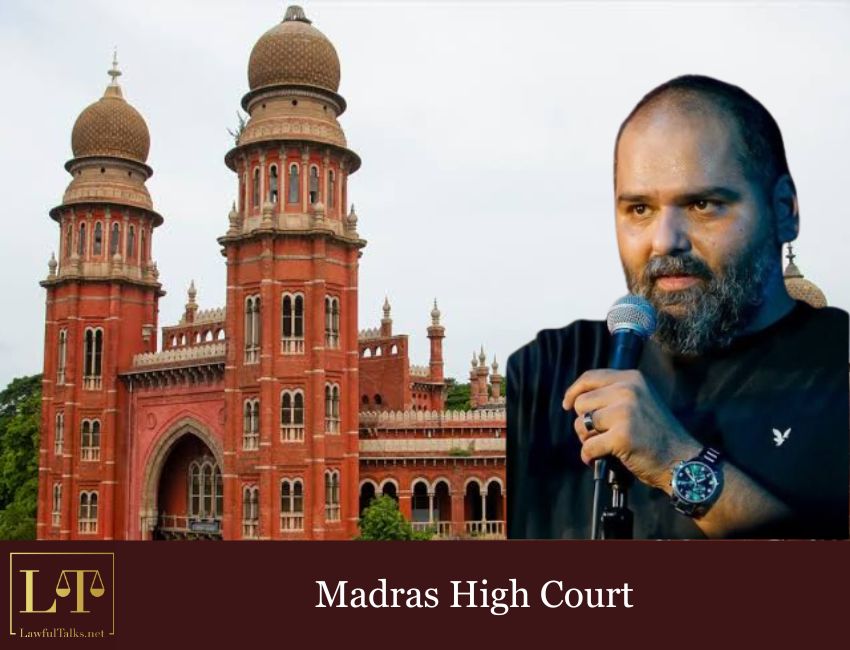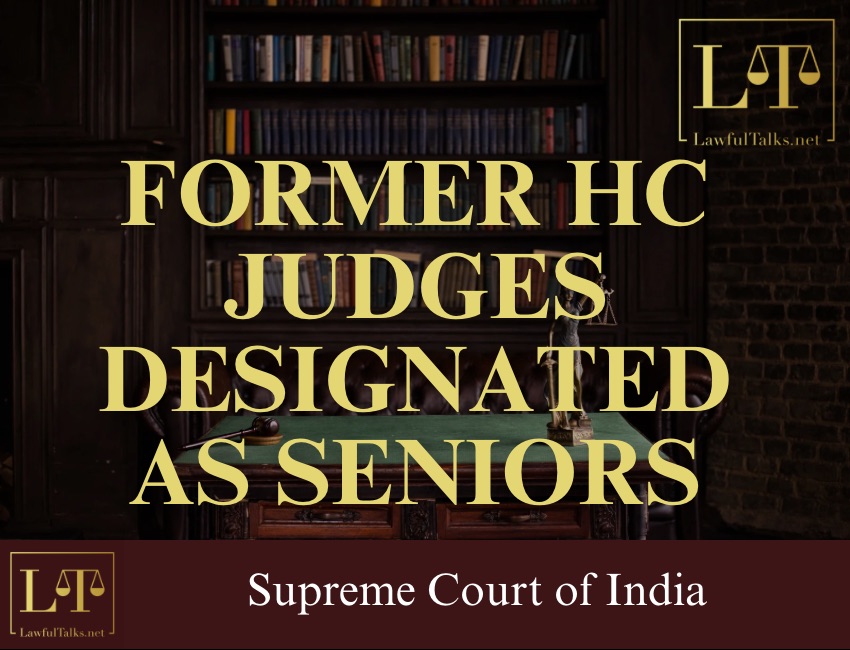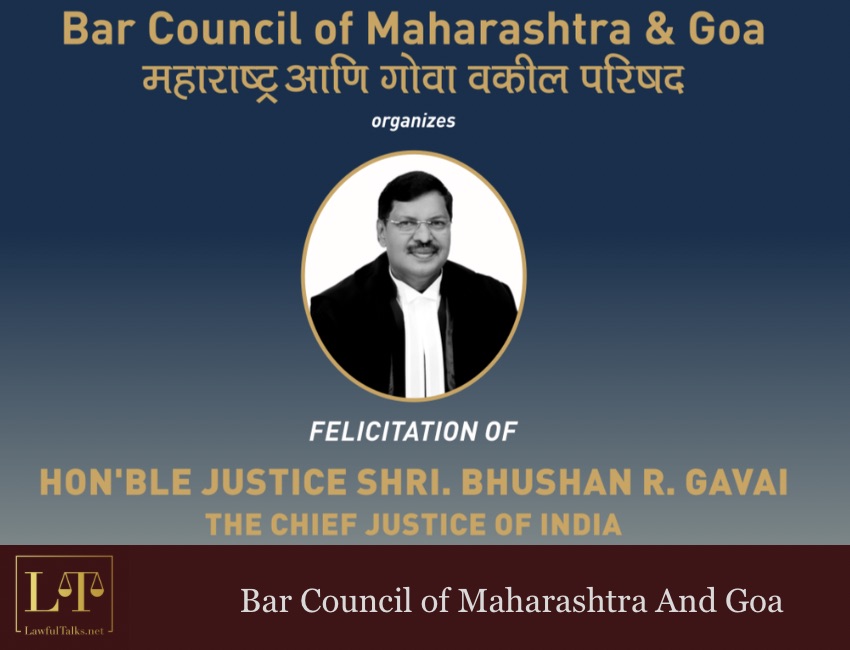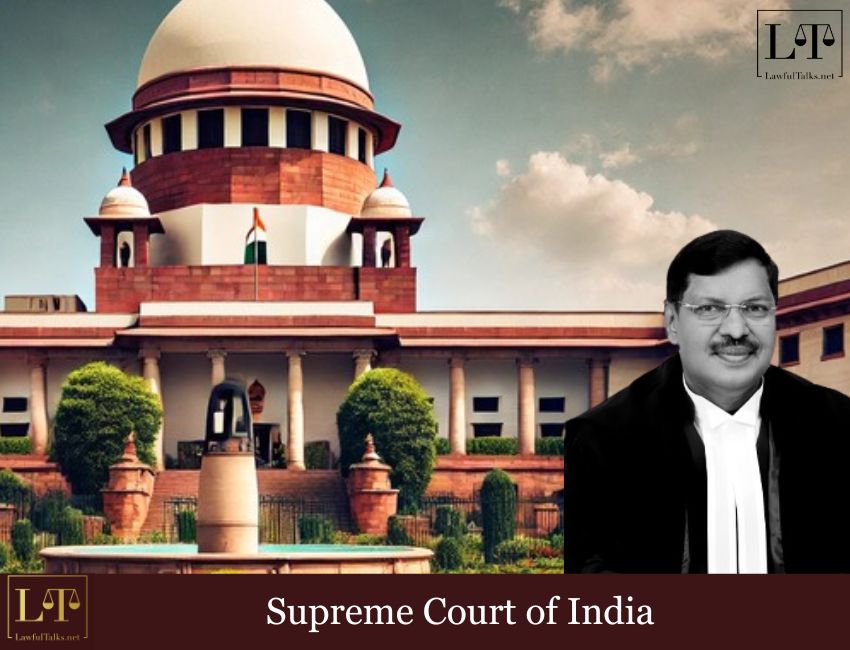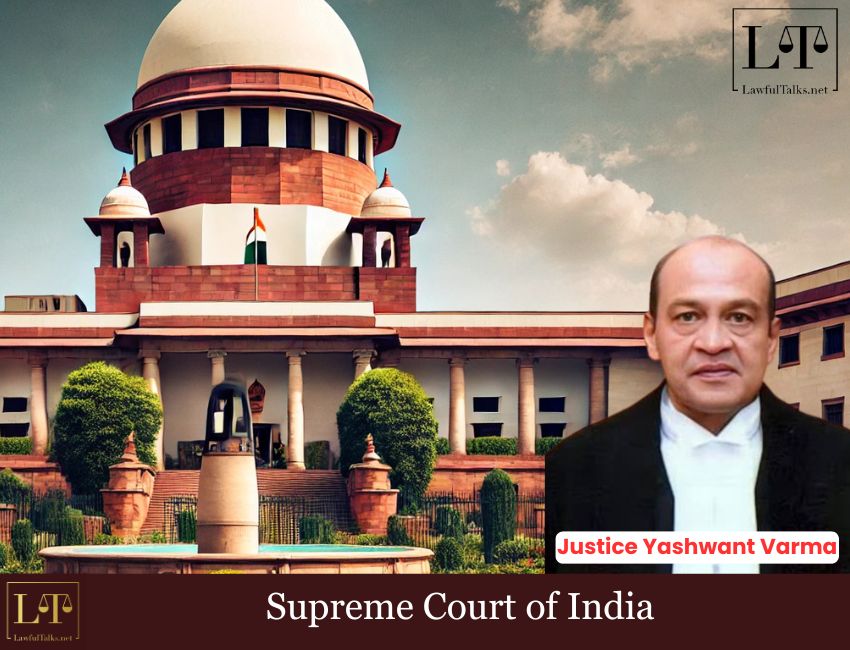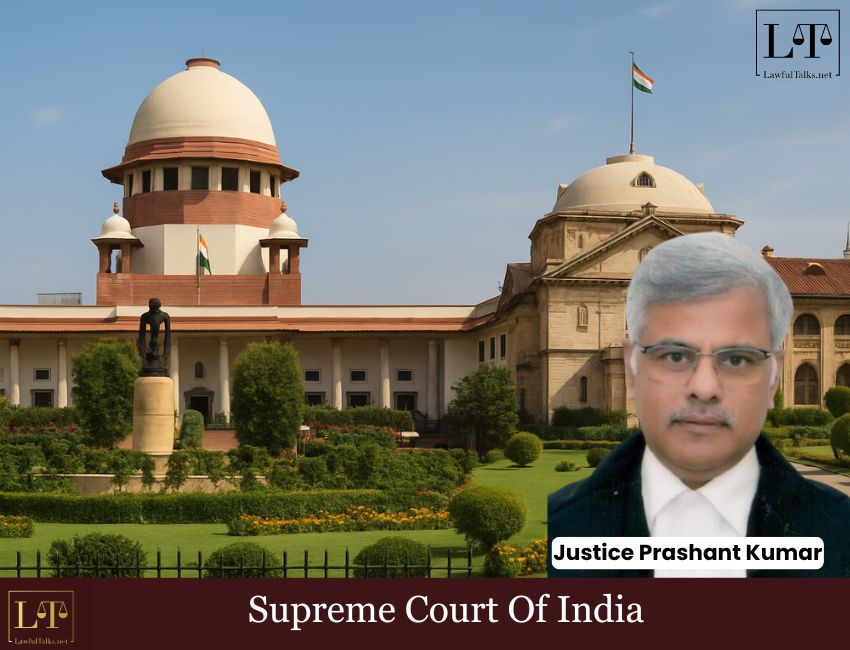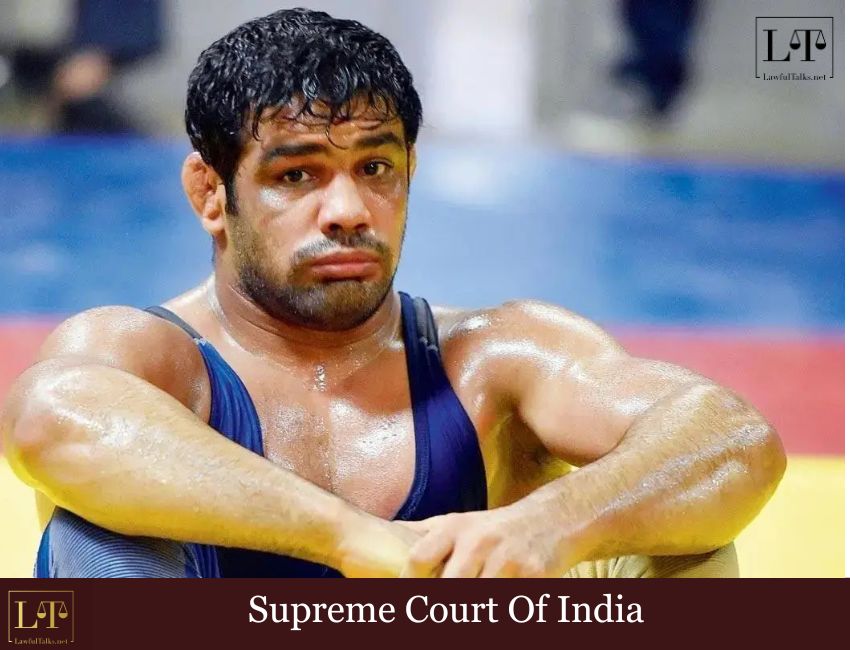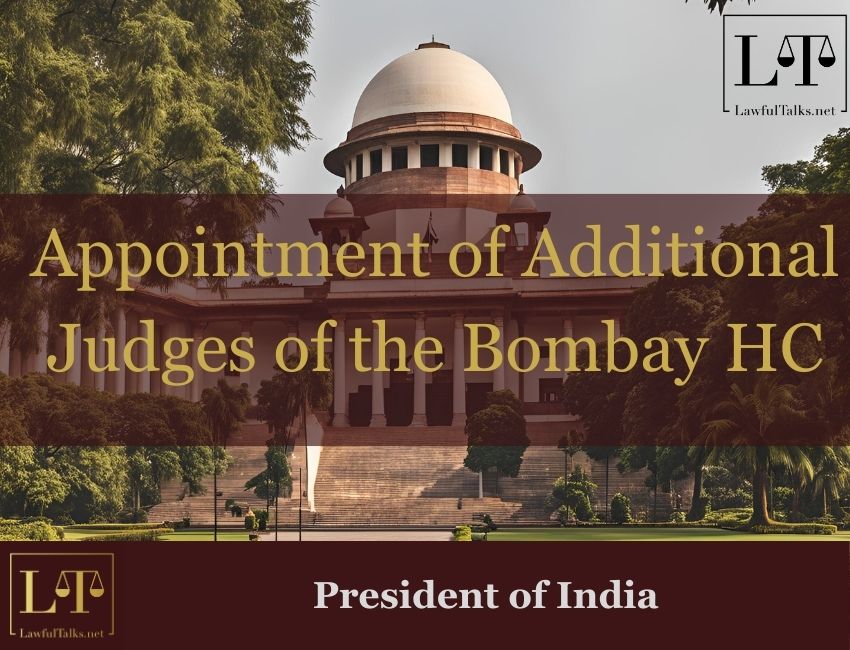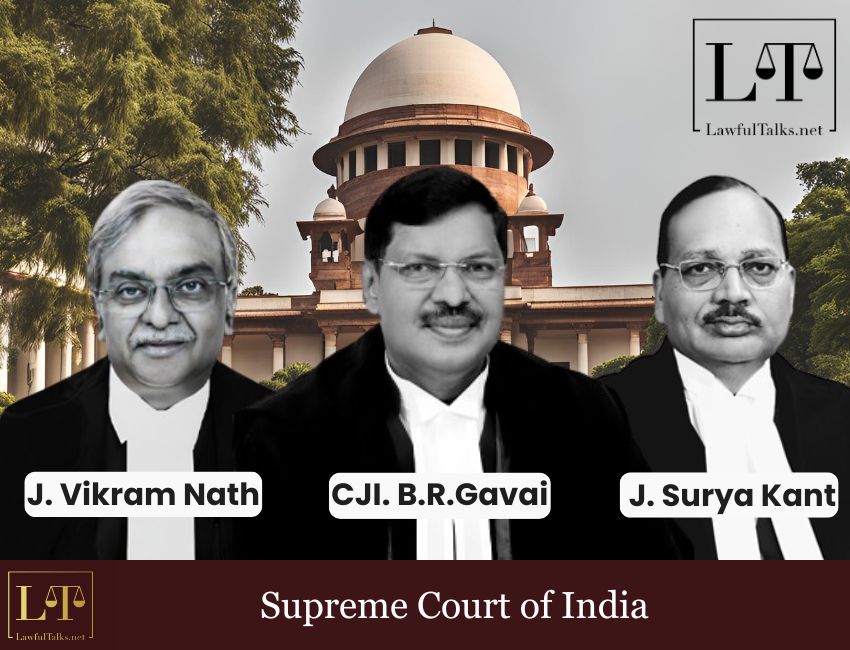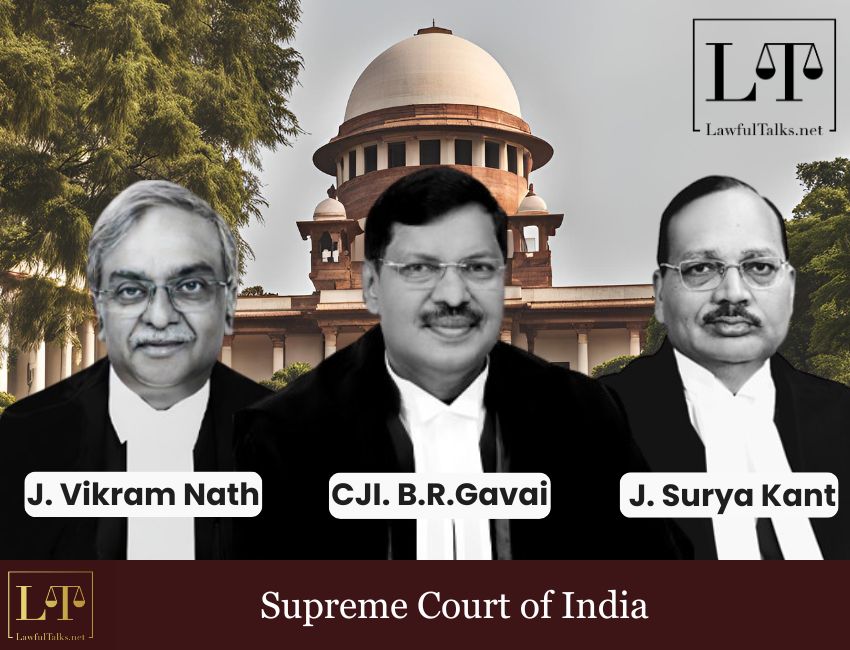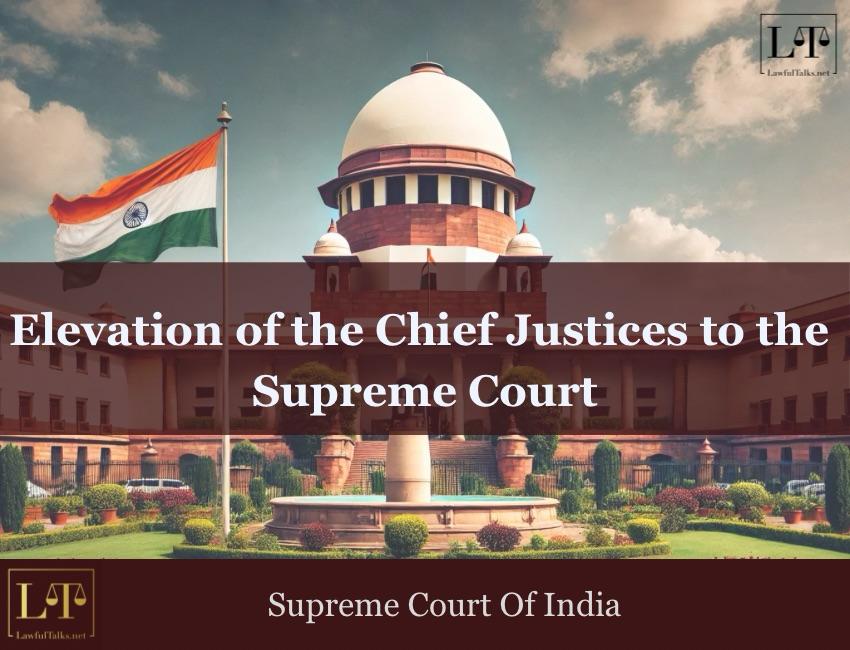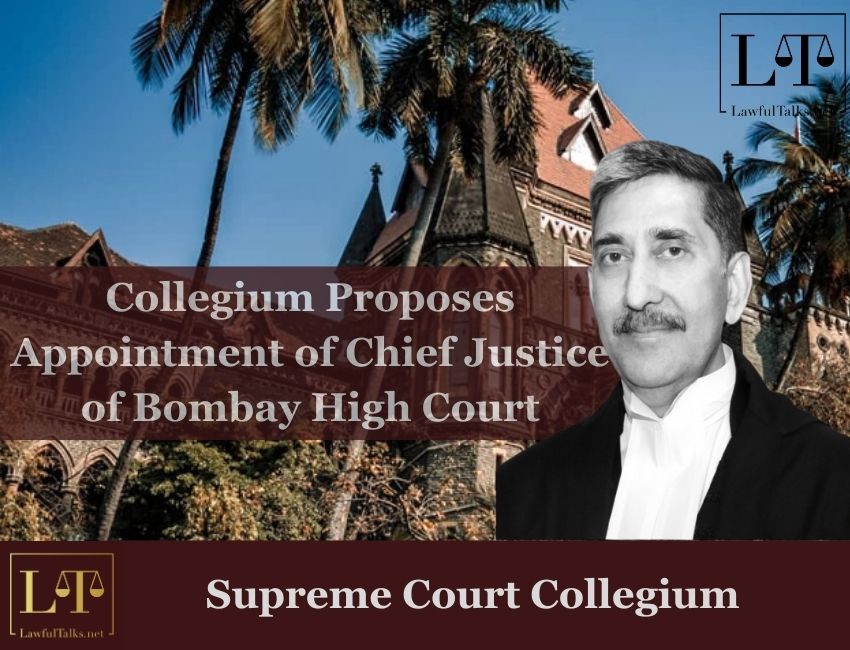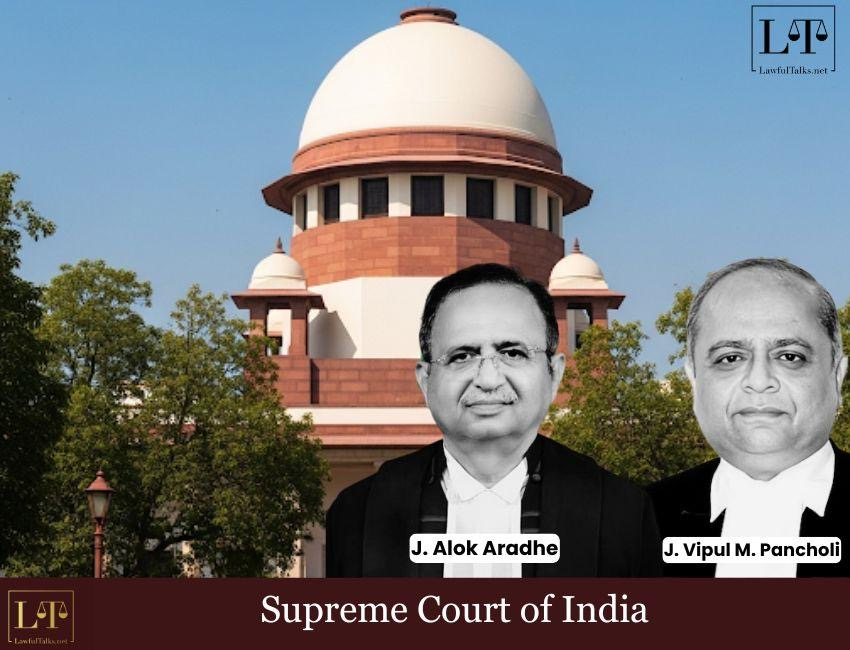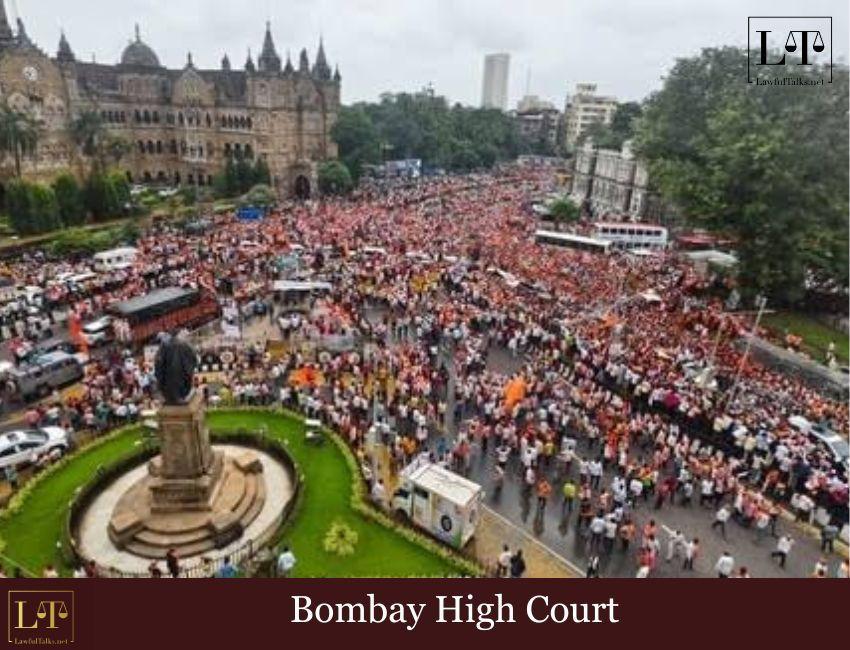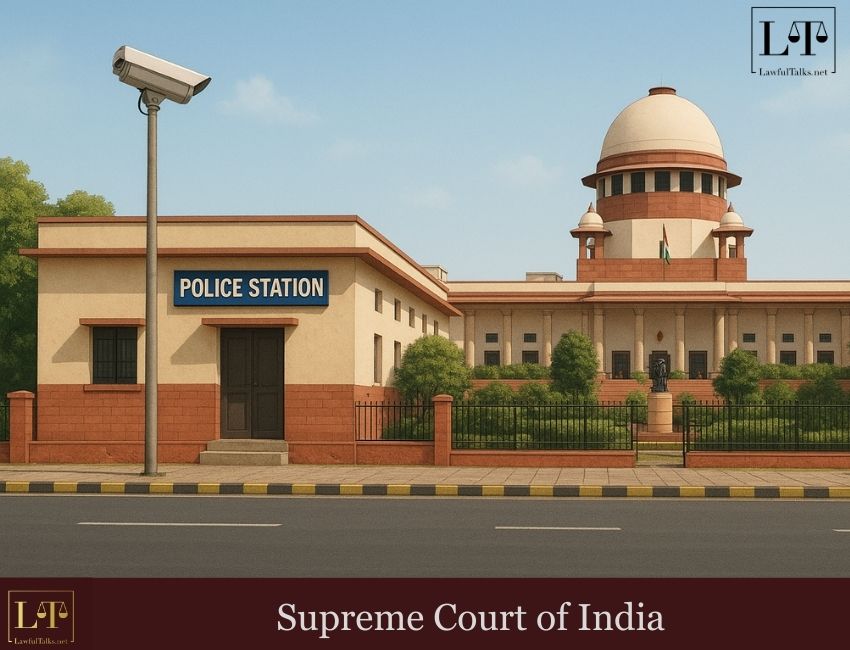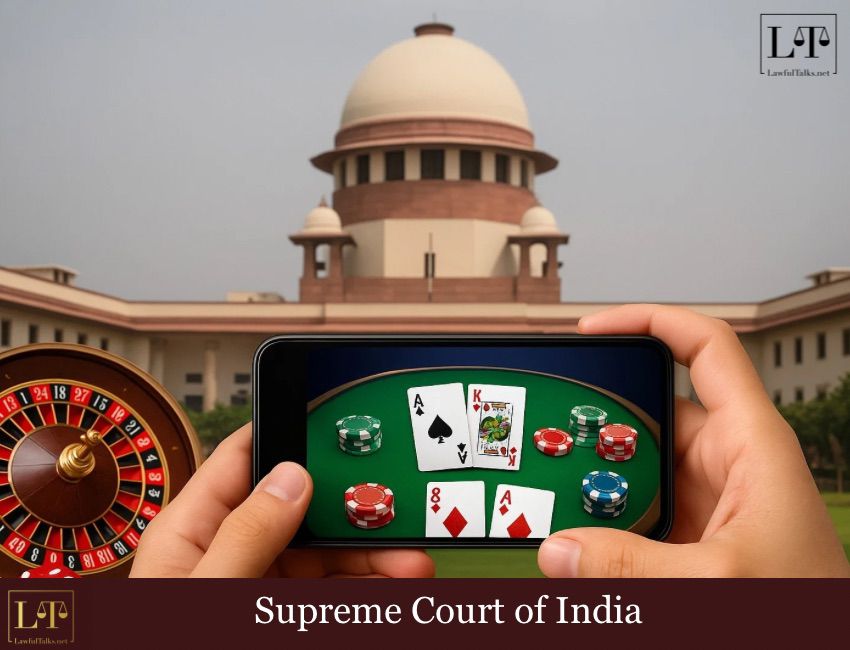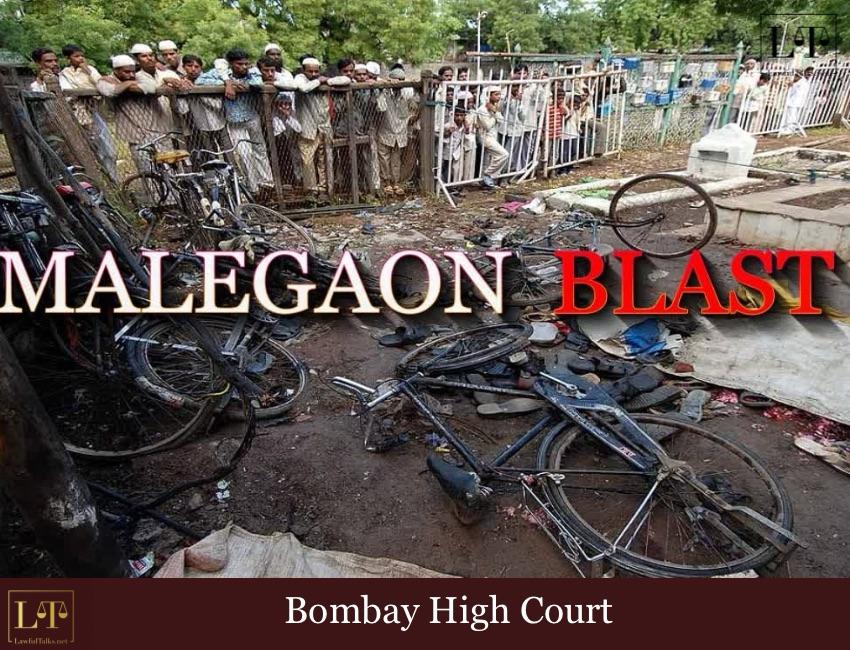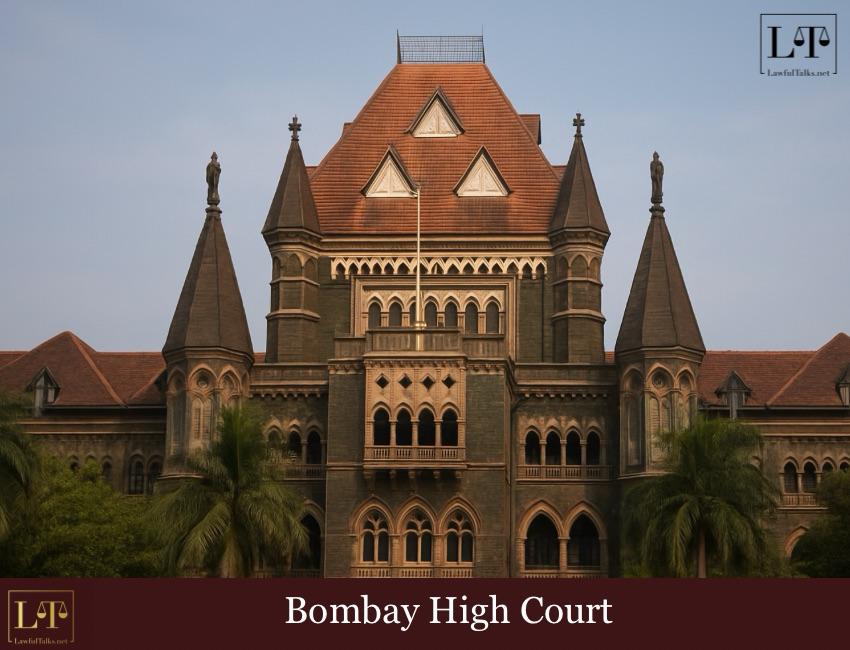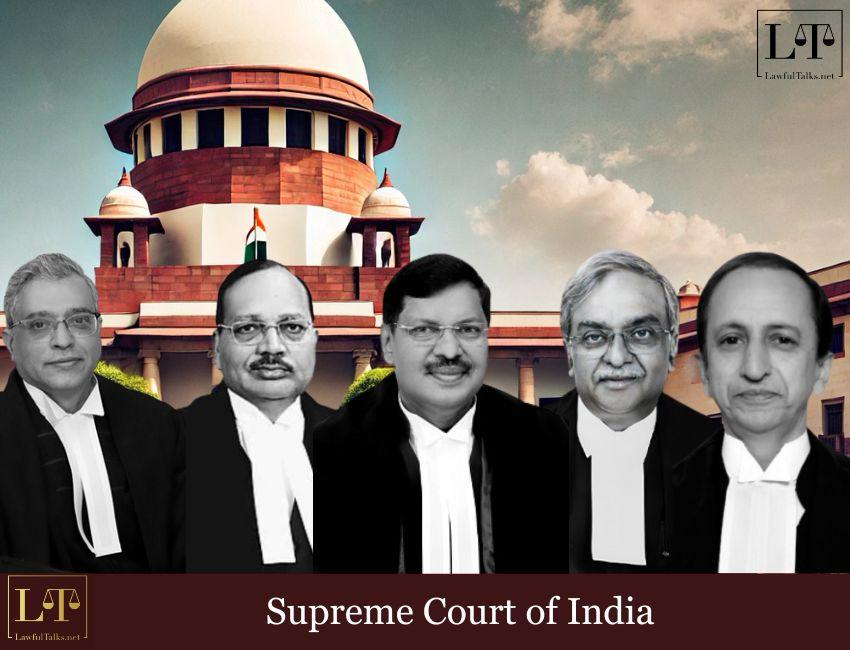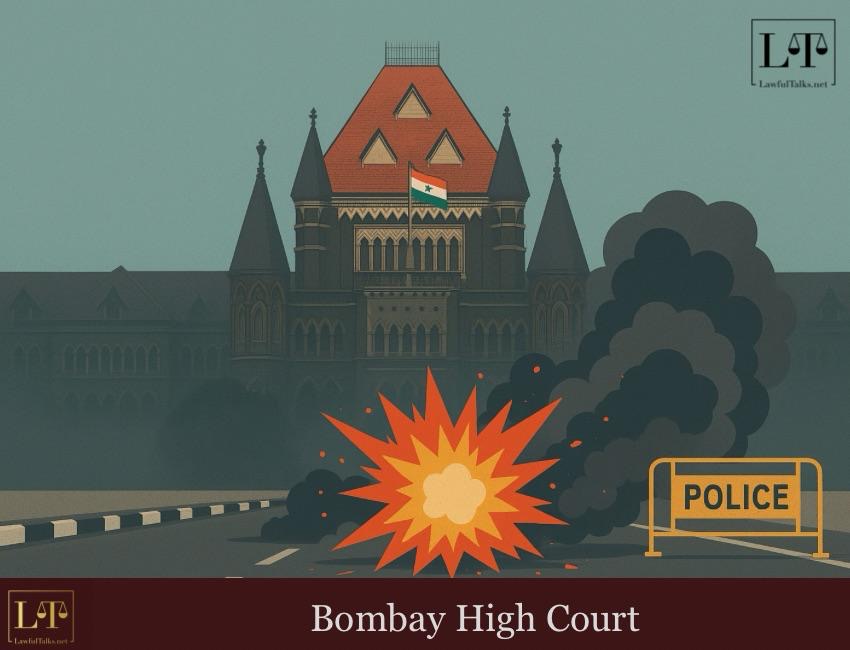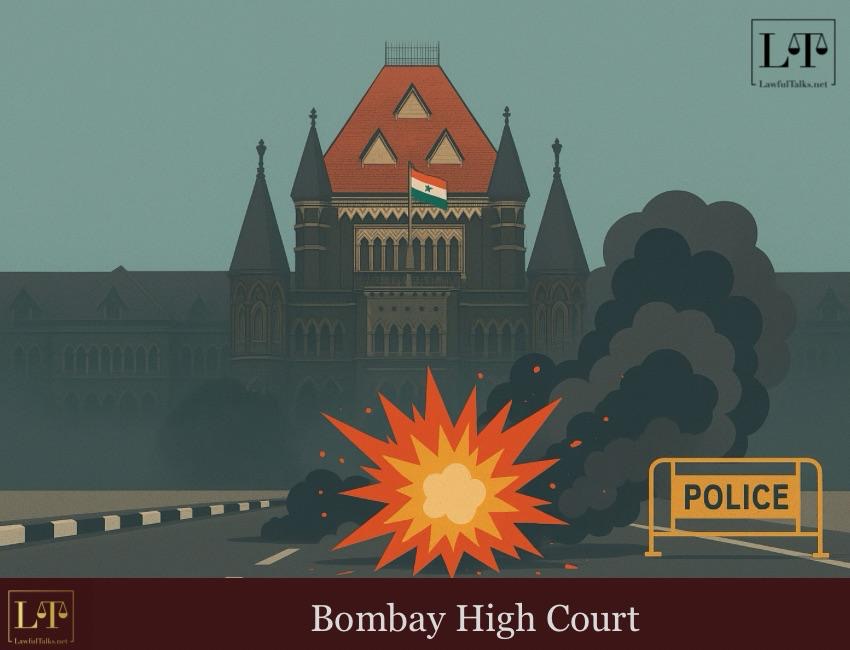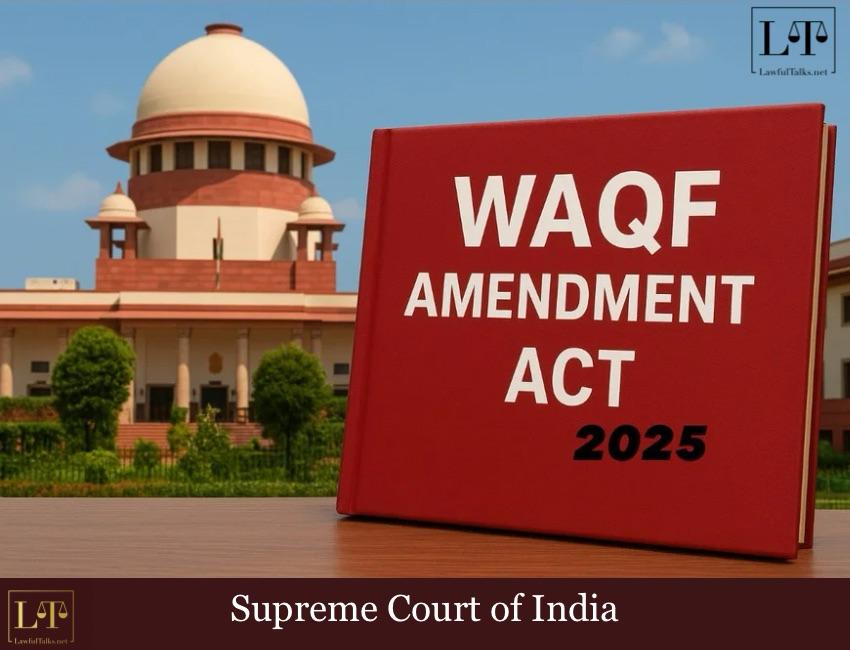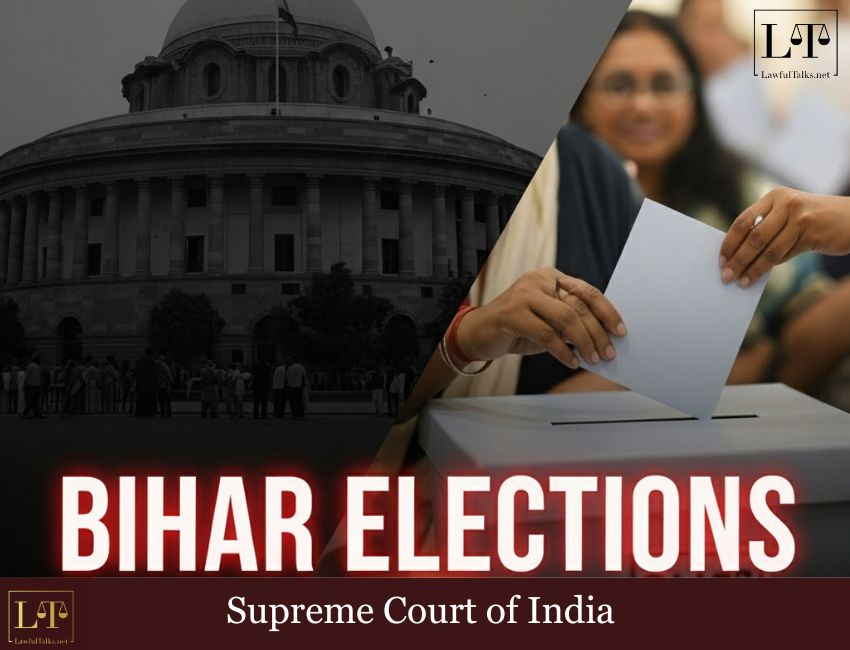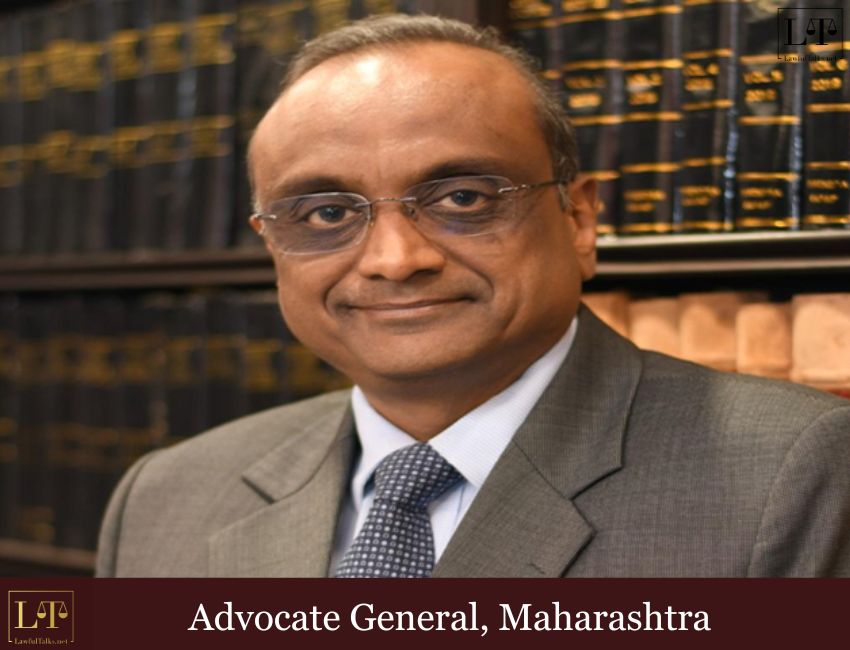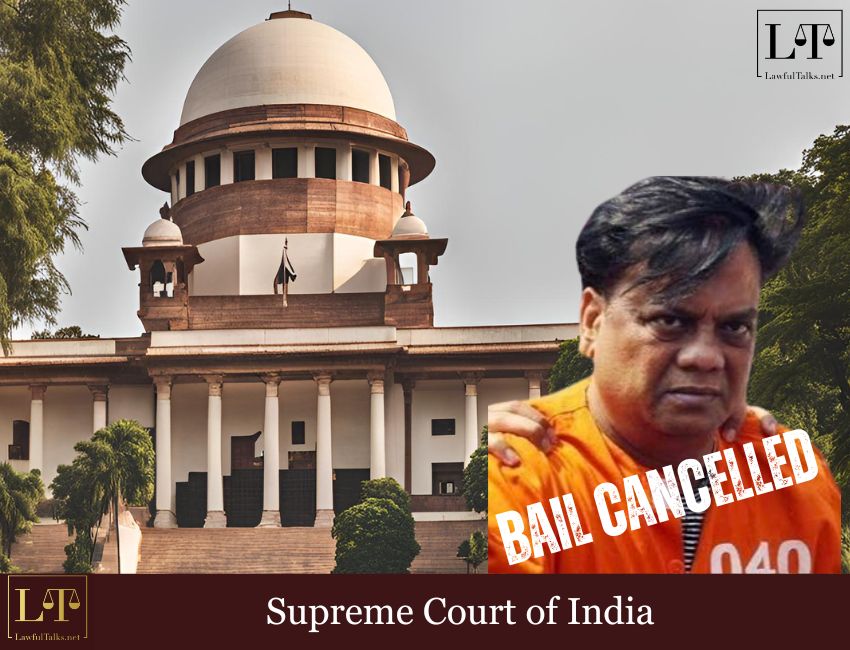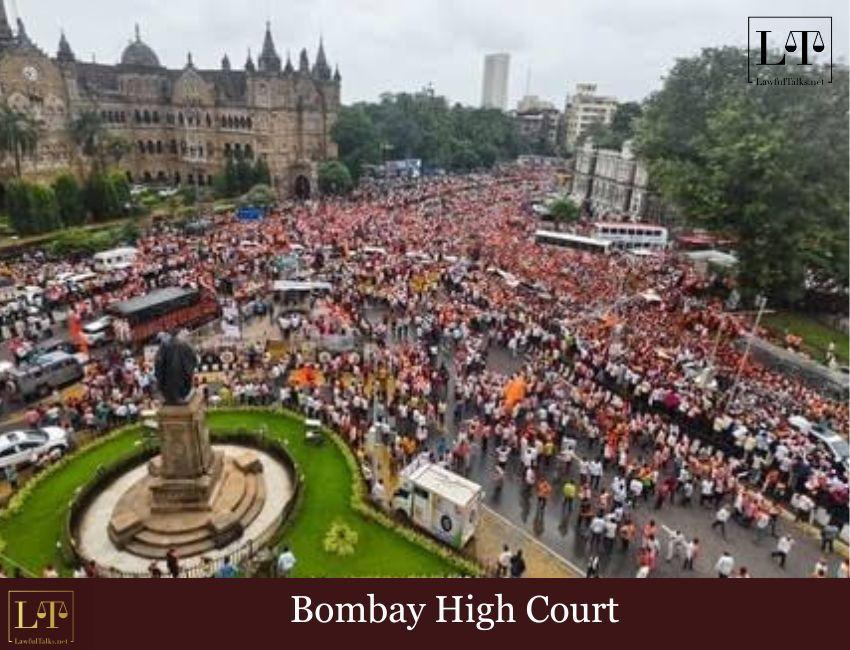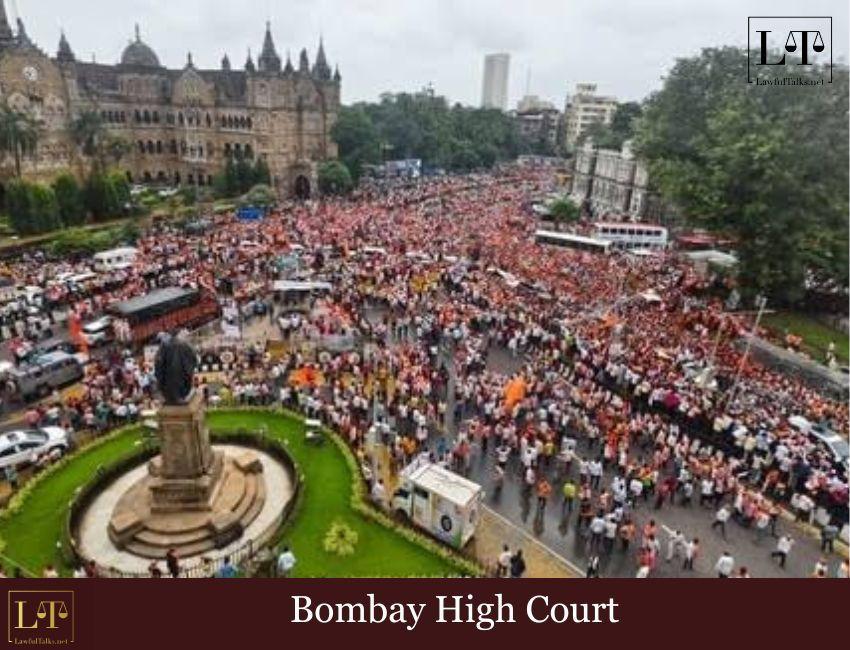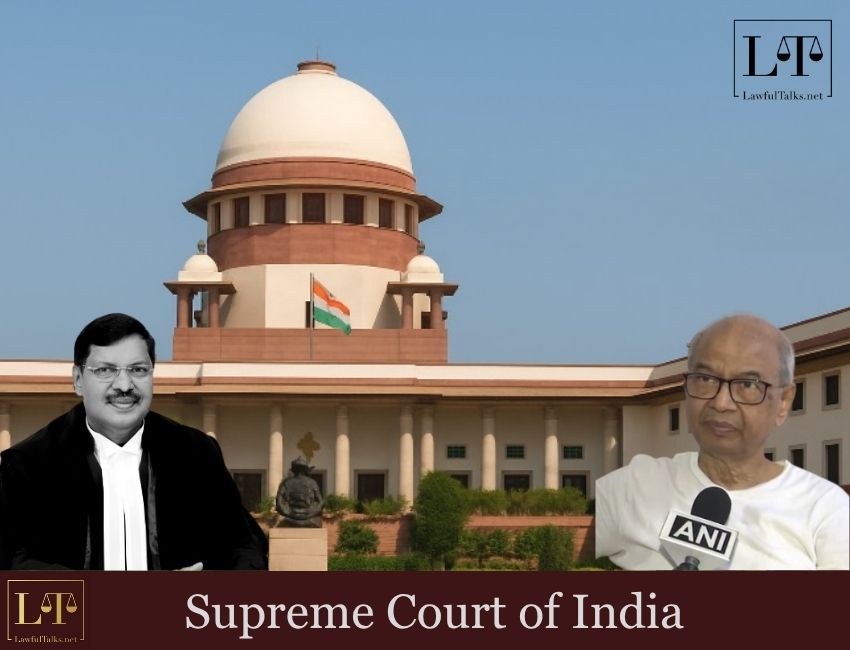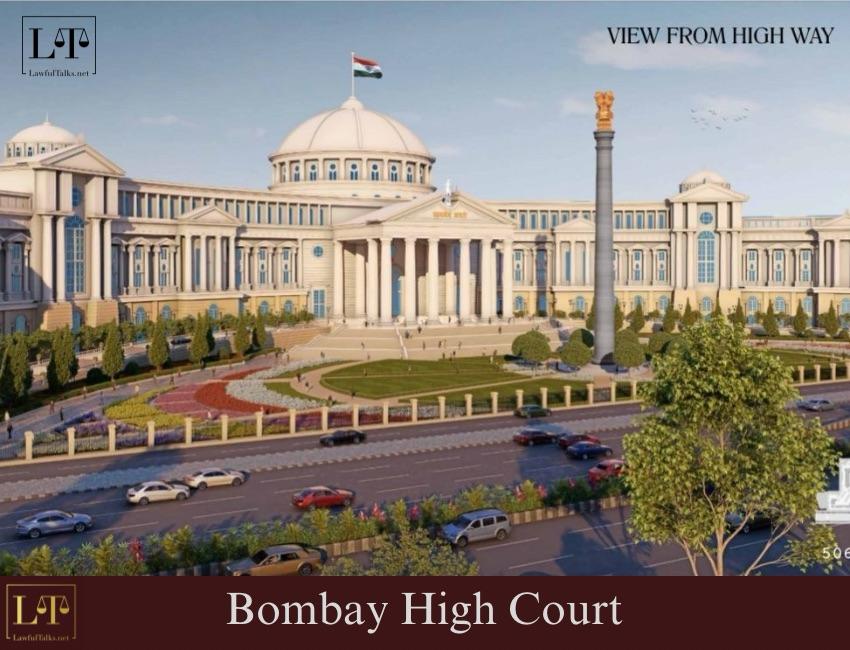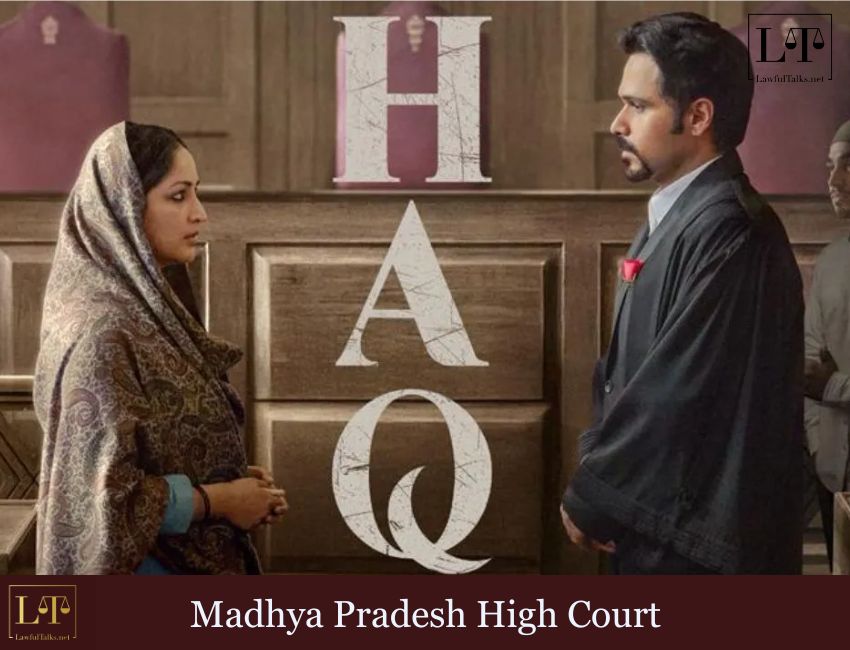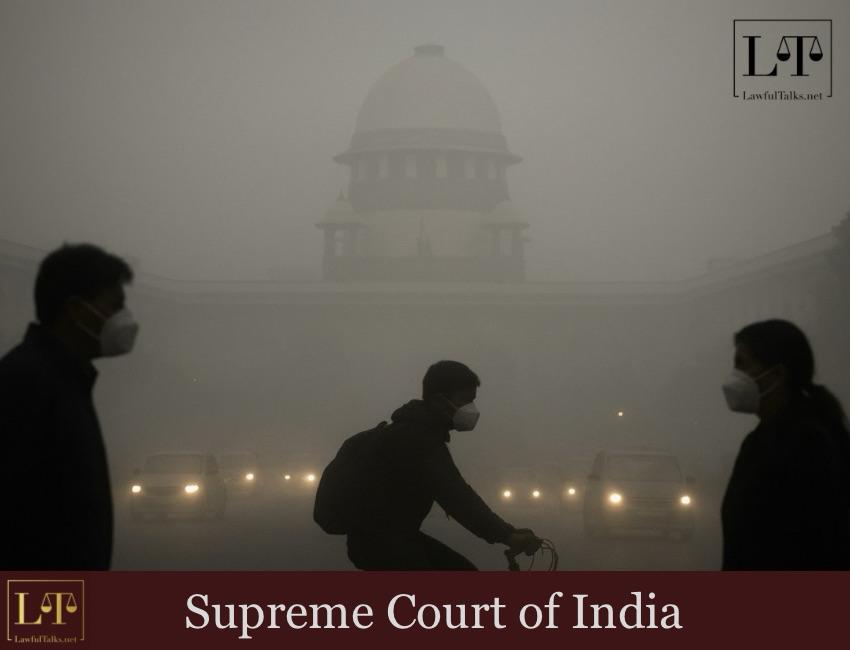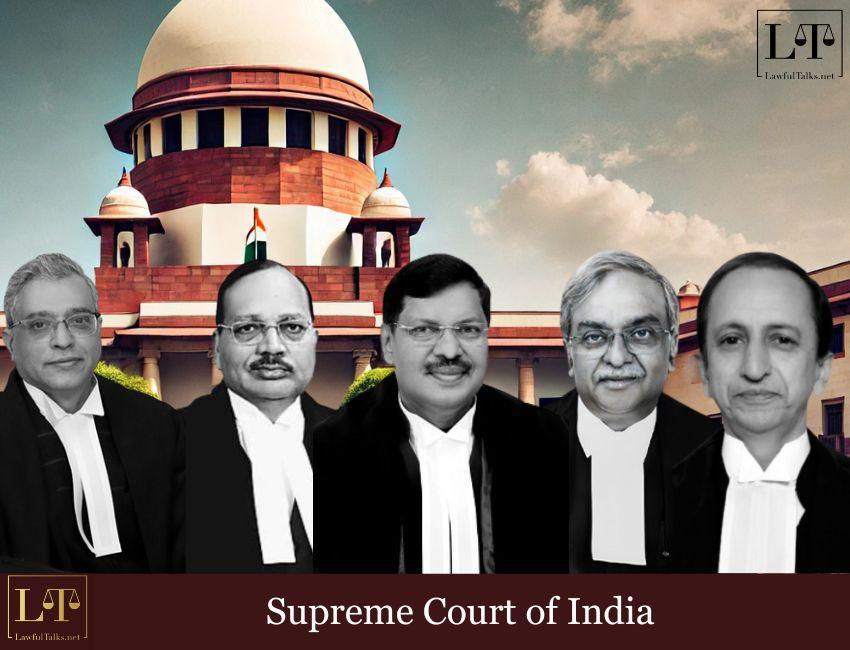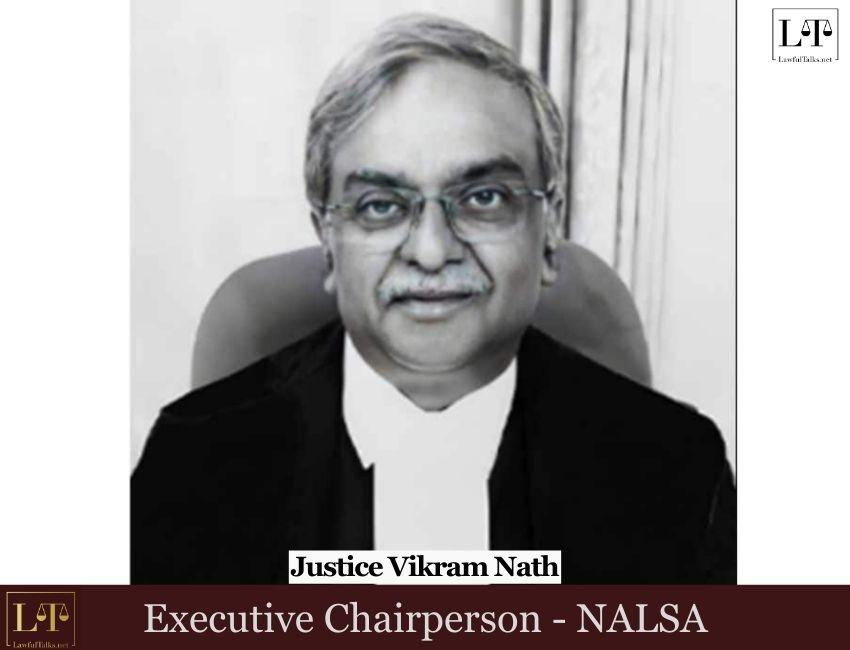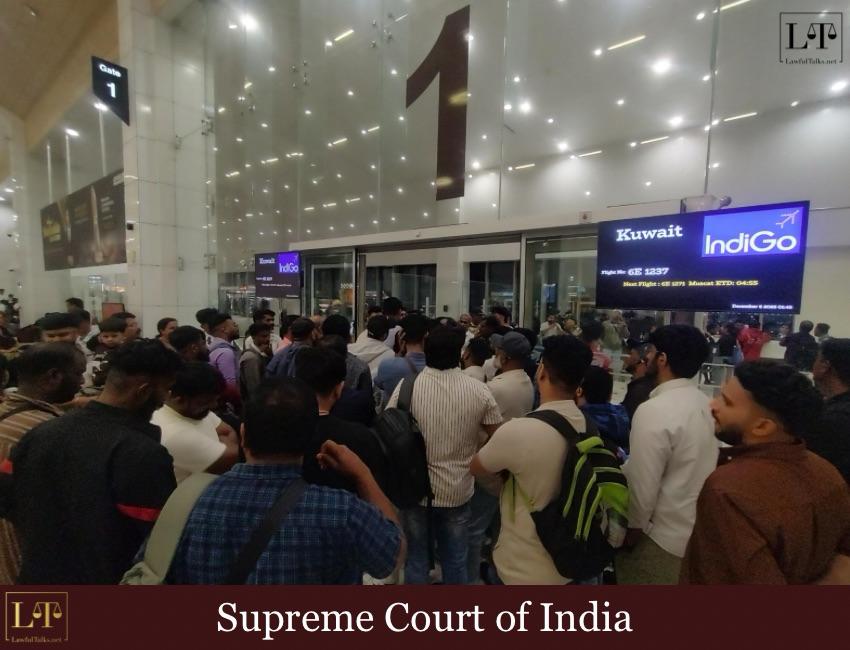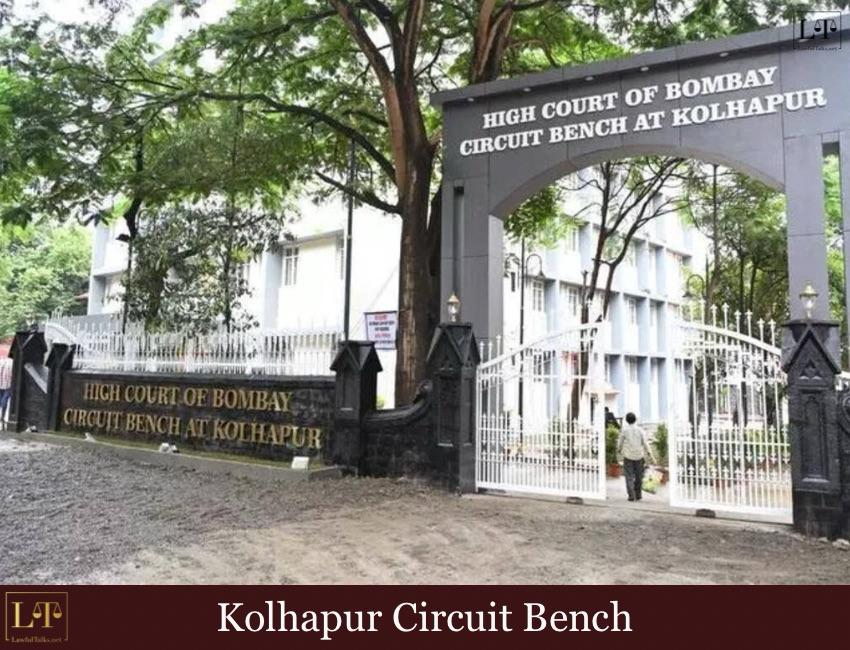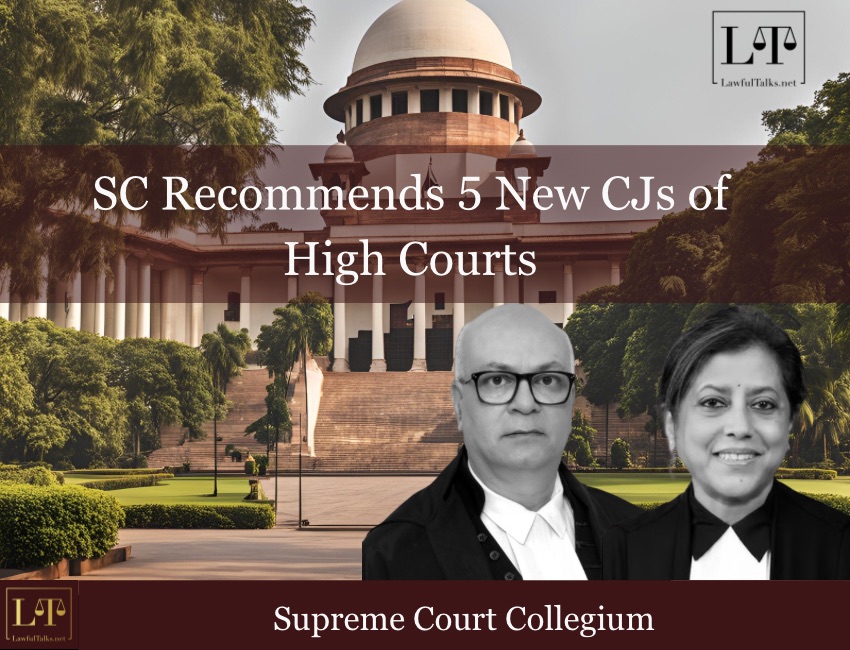Judge Goes Viral for Savagely Putting Rioters in Their Place

The Supreme Court of India clarified the standard of medical negligence, observing that a doctor can only be held liable if they lack the requisite qualification or fail to administer treatment with due expertise.

The case originated from complaints filed by a minor patient, Jaswinder Singh, and his father against Dr. Neeraj Sud and the Post Graduate Institute of Medical Education & Research (PGI), Chandigarh, for alleged negligence in performing eye surgery. The surgery, intended to correct ptosis (drooping eyelid), reportedly resulted in deteriorated vision and complications such as double vision. The complainants sought compensation for medical negligence, but both the State Commission and the National Consumer Disputes Redressal Commission (NCDRC) had differing views, leading to an appeal to the Supreme Court.
The Supreme Court bench comprising Justice P.S. Narasimha and Justice Pankaj Mithal, setting aside the NCDRC’s order, held that Dr. Neeraj Sud and PGI were not liable for negligence as there was no evidence proving a lack of expertise or failure to exercise reasonable care. Justice Pankaj Mithal laid out the foundational elements of medical negligence and clarified when a doctor could be deemed negligent.
"A medical professional may be held liable for negligence only when he is not possessed with the requisite qualification or skill or when he fails to exercise reasonable skill which he possesses in giving the treatment."
The Court observed that despite the patient’s worsened condition following the surgery, the lack of improvement did not, in itself, signify negligence. Supporting this, the Court stated that "Deterioration of the condition of the patient post-surgery is not necessarily indicative or suggestive of the fact that the surgery performed or the treatment given to the patient was not proper or inappropriate or that there was some negligence in administering the same".
Citing the landmark Bolam v. Friern Hospital Management Committee, English Law (1957) 1 WLR 582 decision, the Court reiterated that a doctor is not negligent if they act in accordance with established medical practices recognised by a responsible body of skilled professionals. This principle, commonly known as the “Bolam Test,” requires that, for a claim of medical negligence to be successful, it must be shown that no other competent professional would have made the same decisions in similar circumstances.
"The test so laid down popularly came to be known as Bolam’s test and stands approved by the Supreme Court in Jacob Mathews v. State of Punjab… If we apply the same in the present case, we would find that Dr. Neeraj Sood was a competent and skilled doctor possessing requisite qualification to perform PTOSIS surgery and to administer the requisite treatment."
In the current case, the Court found that Dr. Sud’s qualifications and experience in handling similar surgeries were uncontested. His actions were consistent with accepted medical standards, and there was no evidence to support claims that he failed to exercise due care. For a successful claim of medical negligence, the Court stated three essential elements:
- Duty to Exercise Due Care
- Breach of Duty
- Consequential Damage
The Court noted that the lack of improvement in the patient's condition, or even a decline, is not enough to establish negligence without additional evidence.
"In other words, simply for the reason that the patient has not responded favourably to the surgery or the treatment administered by a doctor or that the surgery has failed, the doctor cannot be held liable for medical negligence… unless it is established by evidence that the doctor failed to exercise the due skill possessed by him in discharging his duties."
Ultimately, the Supreme Court restored the State Commission's decision, which had dismissed the claim of negligence, as the complainants failed to demonstrate that Dr. Sud lacked the necessary qualifications or failed to use his expertise. The Court held:
"The complainants have not adduced any evidence to establish that Dr. Neeraj Sud or the PGI were guilty of not exercising the expertise or the skill possessed by them, so as to hold them liable for negligence."
Case Details: Neeraj Sud & Anr. v. Jaswinder Singh (Minor) & Anr. (2024 INSC 825)
For the Petitioners: Mr. Sudarshan Rajan
For the Respondents: Mr. Mayank Kshirsagar
(For more updates, tap to join us on Whatsapp, Facebook, Instagram and LinkedIn)

Sonam Pandey
Law Student






